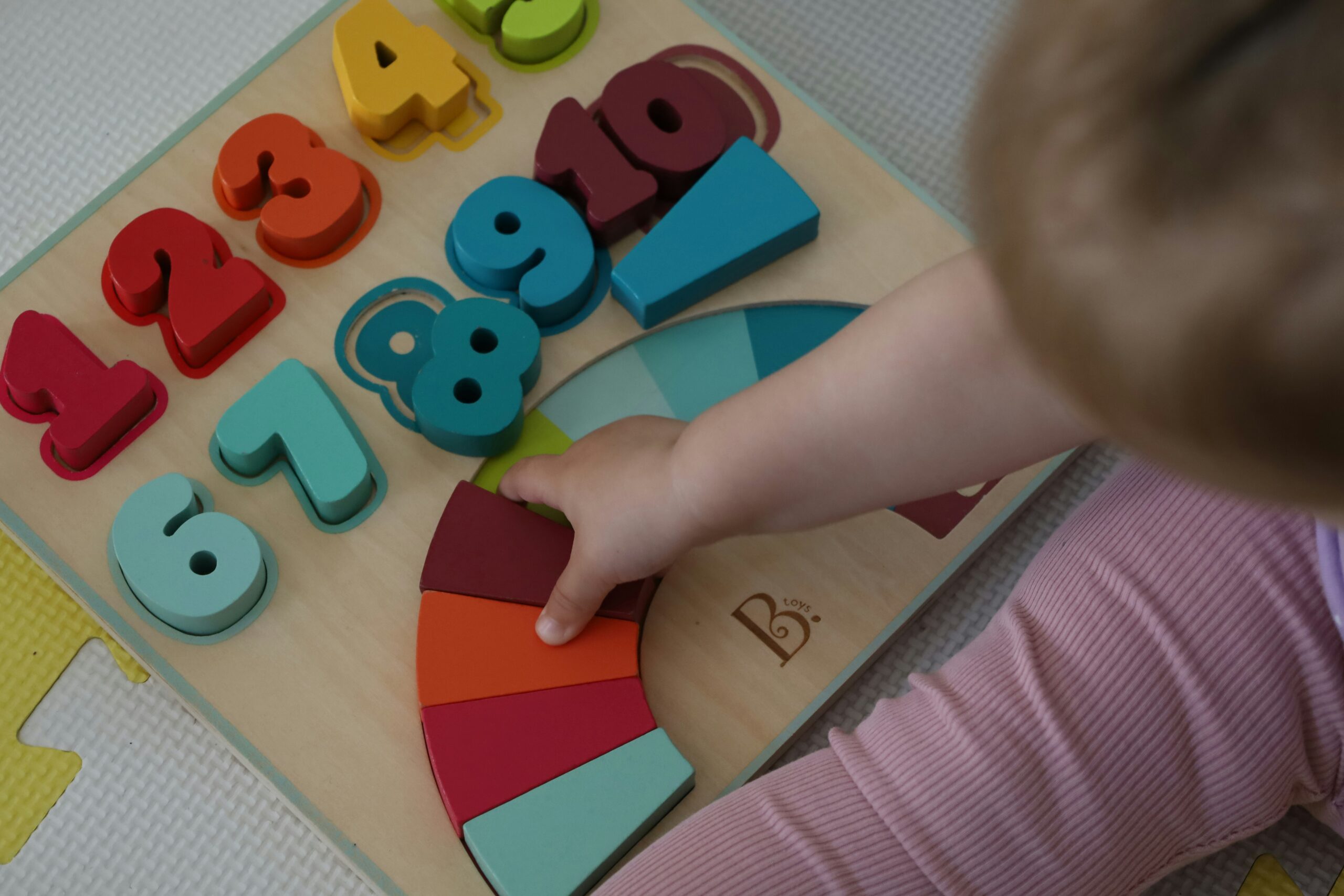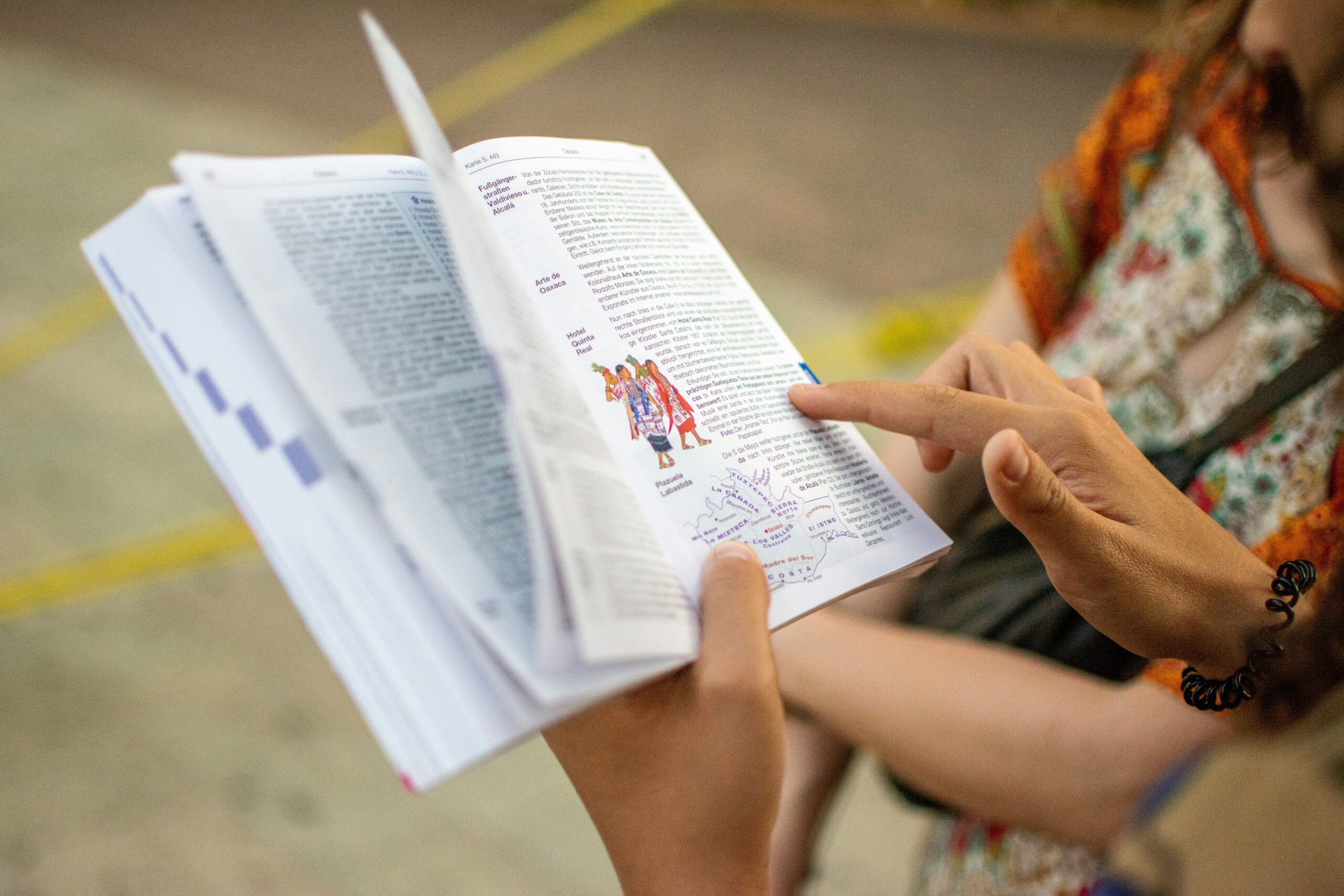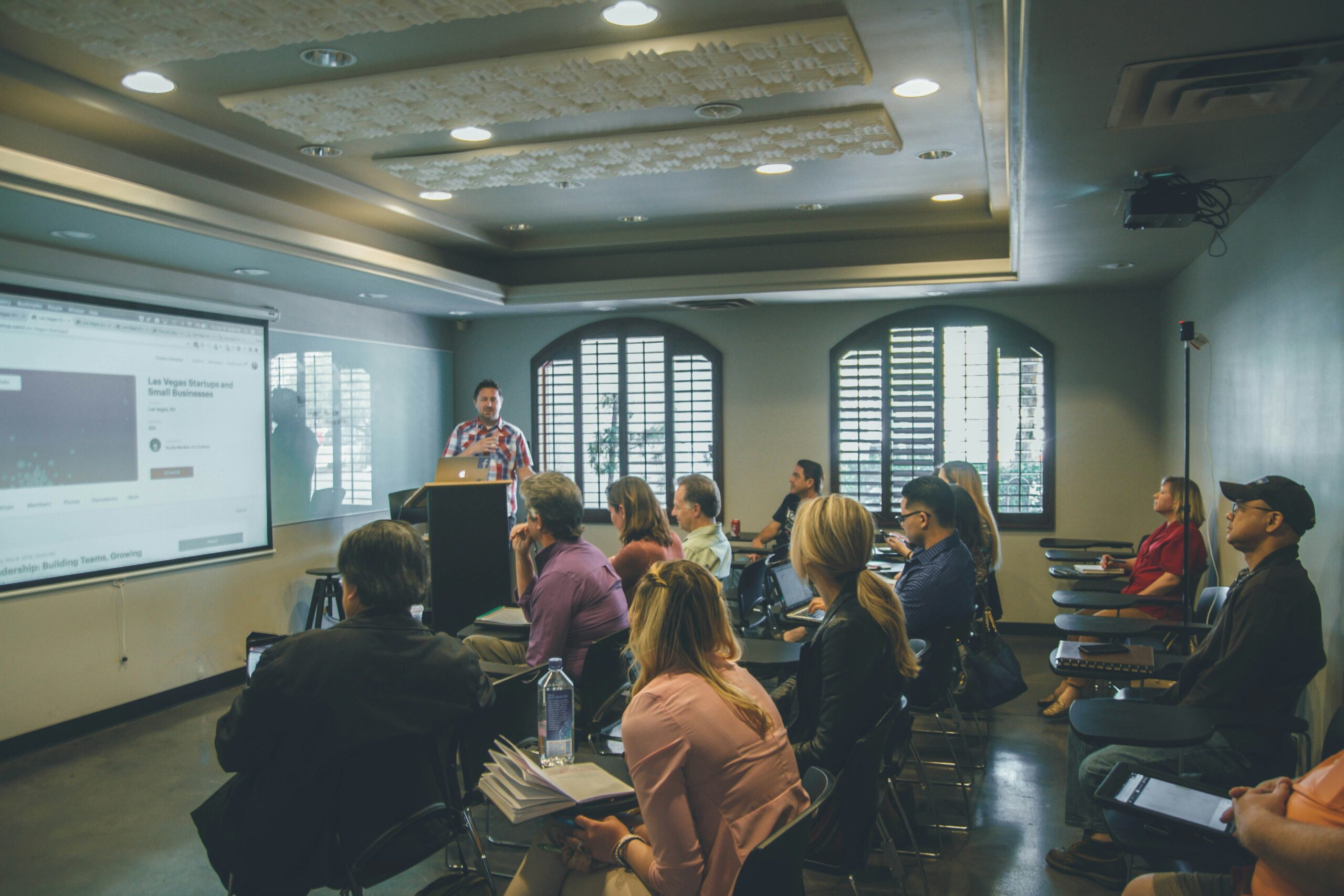Book Top Early Childhood Tutors
Early Childhood Education: Building Strong Foundations for Lifelong Learning
Introduction
Early childhood, typically defined as the years between ages 3 and 6, is a time of remarkable growth. During these years, children learn faster than at almost any other point in life. The brain is forming billions of new connections, setting the stage for how children think, communicate, and interact with the world.
According to research from the Harvard Center on the Developing Child, early experiences actually shape the architecture of the developing brain. That means what children are exposed to — whether it’s language, play, music, or social interaction — has a lasting impact on how they learn later in life.
For parents, this stage can feel both exciting and overwhelming. You may wonder: What should my child be learning? Am I doing enough at home? How do I set them up for success in school and beyond?
This guide is here to help. We’ll explore what early childhood education really means, why it matters, what approaches schools and parents can take, and when extra support through tutoring might make sense.
Why Early Childhood Education Matters
The importance of early childhood education goes far beyond preparing kids for kindergarten. Studies consistently show that children who participate in quality early learning programs perform better in school, have stronger social skills, and even enjoy better health outcomes later in life.
Some key reasons why the early years matter:
- Rapid brain development: Between birth and age five, more than one million new neural connections form every second. By age six, about 90% of the brain is already developed.
- Language acquisition: Children are naturally wired to absorb language at this age. The more words they hear and use, the stronger their literacy foundation becomes.
- Social and emotional growth: Early education isn’t just about ABCs and 123s — it’s also about learning to share, cooperate, and regulate emotions. These “soft skills” often predict long-term success more than test scores.
- Closing opportunity gaps: Research from Nobel Prize-winning economist James Heckman shows that investment in early education yields one of the highest returns in human development — helping children from all backgrounds thrive.
Key Areas of Early Childhood Learning
Literacy Foundations
Reading doesn’t just happen in first grade. Long before formal schooling, children begin developing pre-literacy skills: recognizing letters, understanding sounds, and building vocabulary. Everyday activities like reading bedtime stories, singing songs, or even labeling objects around the house give kids the building blocks for strong literacy.
Early Math Concepts
Children explore math naturally through play. Counting toys, identifying shapes, building towers, and noticing patterns all lay the groundwork for problem-solving. According to the National Association for the Education of Young Children (NAEYC), introducing early numeracy helps children feel comfortable with math later on.
Social & Emotional Development
Perhaps one of the most underestimated aspects of early childhood education is the development of social and emotional intelligence. Skills like empathy, resilience, and self-regulation are practiced in preschool settings through group activities, imaginative play, and teacher guidance. These skills carry over into how children handle friendships, school challenges, and even future careers.
Creative Expression
Art, music, and storytelling aren’t just “extras.” They are essential tools for self-expression and problem-solving. Drawing, painting, and singing help children communicate feelings and ideas they may not yet have the words for. Creative activities also strengthen brain pathways related to memory and imagination.
Physical Development
Early learning also involves the body. Running, jumping, climbing, and dancing improve gross motor skills, while coloring, cutting with scissors, and building blocks enhance fine motor skills. A strong foundation in physical development supports everything from writing skills to self-confidence.
Approaches to Early Childhood Education
Play-Based Learning
Play-based learning is one of the most widely accepted approaches in early childhood education. According to the National Association for the Education of Young Children (NAEYC), play is essential for cognitive, physical, and social growth. Through play, children practice problem-solving, creativity, and cooperation without even realizing they’re learning.
For example, building a tower of blocks introduces balance, measurement, and early engineering concepts. Pretend play, such as running a “grocery store,” builds early math and communication skills while encouraging social interaction. Even outdoor games like hide-and-seek strengthen memory and self-regulation. Parents don’t need expensive toys — everyday objects like cardboard boxes or kitchen utensils can spark the same imagination and learning.
Structured Preschool Programs
Many community preschools and early learning centers use a structured approach, blending teacher-led lessons with time for free play. The Harvard Center on the Developing Child notes that children thrive when exposed to both guided instruction and opportunities to explore independently.
A typical day in a structured program might include circle time (to practice listening and language skills), small group activities (to build math or literacy foundations), and creative projects like painting or music. This approach helps children adjust to routines, follow instructions, and feel comfortable in group settings. Parents also benefit from the predictability and consistency that structured programs provide.
Home and Family-Based Learning
The home is often a child’s first and most influential classroom. Research published in the Journal of Applied Developmental Psychology shows that children whose parents read, talk, and play with them regularly demonstrate stronger literacy and social skills later on. Everyday routines become powerful learning opportunities: cooking introduces measuring and sequencing, shopping sparks number recognition, and bedtime stories build vocabulary and listening skills.
Creating a “literacy-rich home” doesn’t require formal lessons. Simply labeling objects around the house, singing songs, or encouraging open-ended questions helps children develop language and problem-solving abilities. For many families, this form of learning feels most natural and flexible.
Community and Informal Learning Opportunities
Beyond school and home, communities often provide rich informal learning experiences. Public libraries, for instance, frequently host storytime sessions that foster early literacy and a love of books. Parks and museums offer interactive programs where children can explore science, art, or nature. Even neighborhood playdates provide chances to practice cooperation and empathy.
According to the American Academy of Pediatrics (AAP), children benefit when parents engage them in real-world experiences that balance screen time with active exploration. These community-based opportunities are often free or low-cost, making them accessible to a wide range of families while helping children feel connected to the world around them.
The Role of Parents in Early Learning
Parents are a child’s first and most important teachers. Research published in the Journal of Applied Developmental Psychology shows that parent involvement in early education strongly predicts academic success.
Practical ways parents can support early learning:
- Read daily: Even 10–15 minutes a day builds vocabulary and comprehension.
- Encourage curiosity: Answer questions patiently, and if you don’t know the answer, explore it together.
- Create routines: Consistency helps children feel secure and ready to learn.
- Promote playtime: Both structured and unstructured play support creativity and problem-solving.
- Limit screens: The Mayo Clinic recommends very limited screen time for preschoolers, prioritizing face-to-face interaction instead.
When Extra Support Can Help
Every child develops at their own pace. Some may pick up reading or counting quickly, while others need more time. This doesn’t mean anything is “wrong” — but sometimes, extra support can make a big difference.
Parents might consider seeking help if they notice:
- Struggles with early literacy or number concepts.
- Difficulty focusing or completing simple tasks.
- Challenges with social interactions.
- Lack of confidence compared to peers.
This is where early childhood tutors can provide personalized attention, reinforcing skills in a supportive, one-on-one environment.
Why Hire an Early Childhood Tutor?
Even with the best preschool or kindergarten program, some children benefit from a little extra one-on-one attention. An early childhood tutor can provide that personalized support, focusing on your child’s unique strengths and challenges. The goal isn’t to replace play or school, but to give your child more confidence, reinforce what they’re already learning, and make the transition into grade school smoother.
Some of the main reasons parents choose early childhood tutoring include:
- Building confidence before grade school: Personalized sessions help children feel capable and ready for the next stage of learning.
- Encouraging a love of learning: A tutor can introduce activities that make reading, math, and problem-solving fun, fostering curiosity instead of pressure.
- Providing one-on-one support: Unlike a busy classroom, tutoring allows full attention on your child’s pace and learning style.
- Reinforcing classroom learning at home: Tutors can strengthen skills introduced in preschool or kindergarten so children feel more secure and prepared.
- Addressing specific concerns early: Whether it’s speech delays, trouble with numbers, or shyness in group settings, tutors can gently support growth in targeted areas.
Hiring a tutor doesn’t mean your child is “behind.” Many parents use tutoring as a way to give their child a positive head start, ensuring they enter grade school with confidence and enthusiasm.
Find Early Childhood Tutors Near You
Early childhood is a once-in-a-lifetime window of opportunity. By combining supportive parenting, quality early education, and — if needed — the guidance of a tutor, you can give your child the best possible start.















